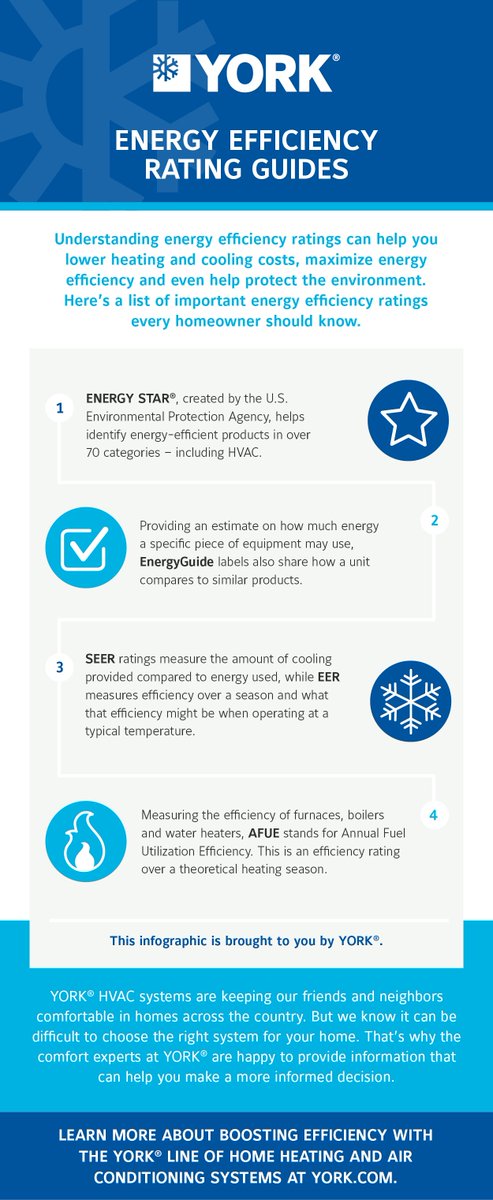Gain Understandings Right Into Ensuring The Performance And Longevity Of Your Heatpump System By Steering Clear Of Widespread Installment Errors
Gain Understandings Right Into Ensuring The Performance And Longevity Of Your Heatpump System By Steering Clear Of Widespread Installment Errors
Blog Article
Written By-McDougall Crosby
When setting up a heat pump, you must stay away from typical blunders that can endanger its efficiency. Forgeting correct sizing may bring about inadequacies and greater utility expenses. Overlooking insulation and sealing might lead to power wastage and stress on the device. Additionally, placing the outside device incorrectly might impact its efficiency. By preventing these mistakes, you can make sure optimum operating and toughness of your heat pump system.
Improper Sizing of Heatpump
When it involves the installment of heat pumps, among one of the most typical errors is incorrectly sizing the unit for your room. Guaranteeing the best dimension is critical for optimum efficiency. If the heat pump is also small, it will certainly battle to heat or cool your area effectively, causing increased power costs and possible damage on the unit.
On the other hand, if the heat pump is too big, it will certainly cycle on and off regularly, creating temperature variations and reducing its life-span.
To prevent this mistake, it's important to have an expert analyze your room and recommend the proper size of the heatpump based upon elements like square video, insulation, ceiling elevation, and local environment. By spending the moment and initiative to make sure the correct sizing, you can appreciate a comfy atmosphere while taking full advantage of power effectiveness and prolonging the lifespan of your heatpump.
Inadequate Insulation and Sealing
To ensure the effective operation of your heatpump, it's essential to attend to insufficient insulation and sealing in your space. Correct insulation aids keep a consistent temperature level indoors, minimizing the work on your heatpump. Poor insulation can cause energy loss, making your heat pump job harder and much less effectively.
Securing any type of voids or leaks in your room is equally important. These spaces allow conditioned air to run away and outdoor air to seep in, requiring your heatpump to make up for the temperature level variations.
Inaccurate Positioning of Outdoor Unit
Addressing the placement of your heatpump's exterior device is essential to enhancing its efficiency. Installing the outdoor unit in an inaccurate place can lead to performance issues and potential damages to the system.
One common mistake to avoid is placing the outside device as well near to a wall surface or other frameworks. This can limit air movement, causing the system to work harder to heat or cool your area, inevitably decreasing its efficiency and lifespan.
An additional error to stay away from is positioning the outdoor unit in direct sunshine. While some sunshine is unavoidable, extreme exposure can result in overheating, particularly during warm summer season days. It's finest to place the outside device in a shaded area to help maintain its optimum operating temperature.
Moreover, ensure that the outdoor system is positioned on a secure and degree surface. Uneven ground can cause vibrations and unnecessary strain on the system, impacting its performance gradually.
https://best-hvac-contractor-soft98642.bloginder.com/31812859/enhance-your-home-for-the-installation-of-a-heatpump-by-executing-vital-actions-that-boost-performance-and-overall-performance
To conclude, preventing usual blunders during heat pump setup is vital for taking full advantage of performance and longevity of your system. By ensuring https://www.businesswire.com/news/home/20210216005841/en/Balfour-Beatty-Communities-Named-2020-Motili-Carbon-Reduction-Champion sizing, sufficient insulation, securing, and appropriate placement of the outside system, you can prevent issues such as inadequacies, boosted power costs, and strain on the system. Putting in the time to deal with these crucial elements will ultimately save you money and time in the long run.
